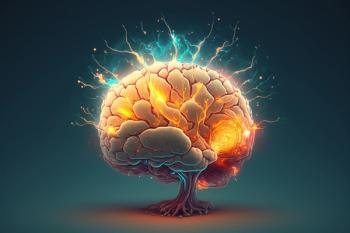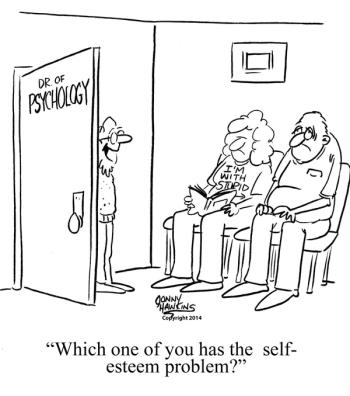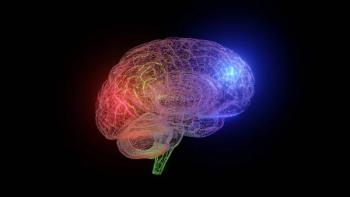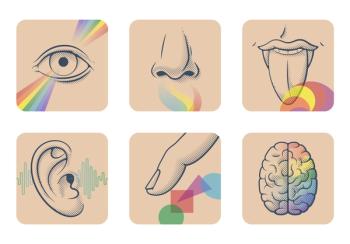
Fatigue: a very common physical complaint that often accompanies depressive disorders.

Fatigue: a very common physical complaint that often accompanies depressive disorders.

A psychiatrist reflects on the 2 recent tragedies at sea...

The submersible meant to explore Titanic wreckage suffered a “catastrophic implosion.”

New research finds depressive and anxiety symptoms impact effectiveness of cognitive behavioral therapy for insomnia.

"I sit with my half-filled glass and a life we knew we were choosing..."

What can you do to ensure your family is financially secure while still spending some of your hard-earned money?

New gun laws in Serbia were created after a number of mass shootings.

1 in 5 respondents reported using psychedelic drugs for the purpose of self-treating anxiety, depression, or other mental illnesses.

“We cannot use the rituals of graduation as a public demonstration of inequity.”

Check out the evidence for a modest effect over 1 year of clozapine dose on weight.

A new, creative kind of grieving process…

A psychiatrist poetically reflects on Juneteenth...

Gestational and neonatal risk factors for bipolar disorder? Researchers investigated these associations in a nationwide cohort with register-based data.

Learn how to use this simple heuristic model, which illustrates both the interplay of social (historical and current), psychological, and biological factors in the development of psychopathology.

Check out instructions for how to make your own Three Line Model!

Racism must be addressed on an ongoing basis.

Neuroimaging could help predict clinical response to treatment in bipolar depression.

From obesity and metabolism in first-episode MDD to psychiatrist liability and suicide, here are highlights from the week in Psychiatric Times.

Here are 10 of the most interesting Disney dads to watch this weekend.

Self-esteem problems?

How can procedures like repetitive transcranial magnetic stimulation and deep brain stimulation help in the treatment of eating disorders?

What can we learn from fathers of myth?

The politicization of gender-affirming care creates a harmful and dangerous reality for transgender youth.

Researchers focused on elements across several categories, including brain state, cumulative exposure, and treatment and individualized parameters.

New positive data was recently released from 5 in vitro studies investigating the potential for drug-drug interaction of mazindol.

PME affects many women, yet it remains under-recognized in clinical practice and in research.

In Part III of this series, an expert discusses the key differences between cyclothymia and borderline personality disorder, along with treatment considerations for cyclothymia.

Should cannabis be regulated in the United States in a manner similar to alcohol and tobacco?

Our 5 senses… are they under attack?

Many individuals infected with COVID-19 continue to experience symptoms after recovering from the initial viral infection. Persistent symptoms include neurocognitive and neuropsychiatric symptoms that can interfere with meaningful daily activities and roles. Given the symptom overlap, best practices and evidenced-based techniques for the treatment of concussion/mTBI can inform treatment approaches to manage symptoms and reduce the negative impact of long COVID.